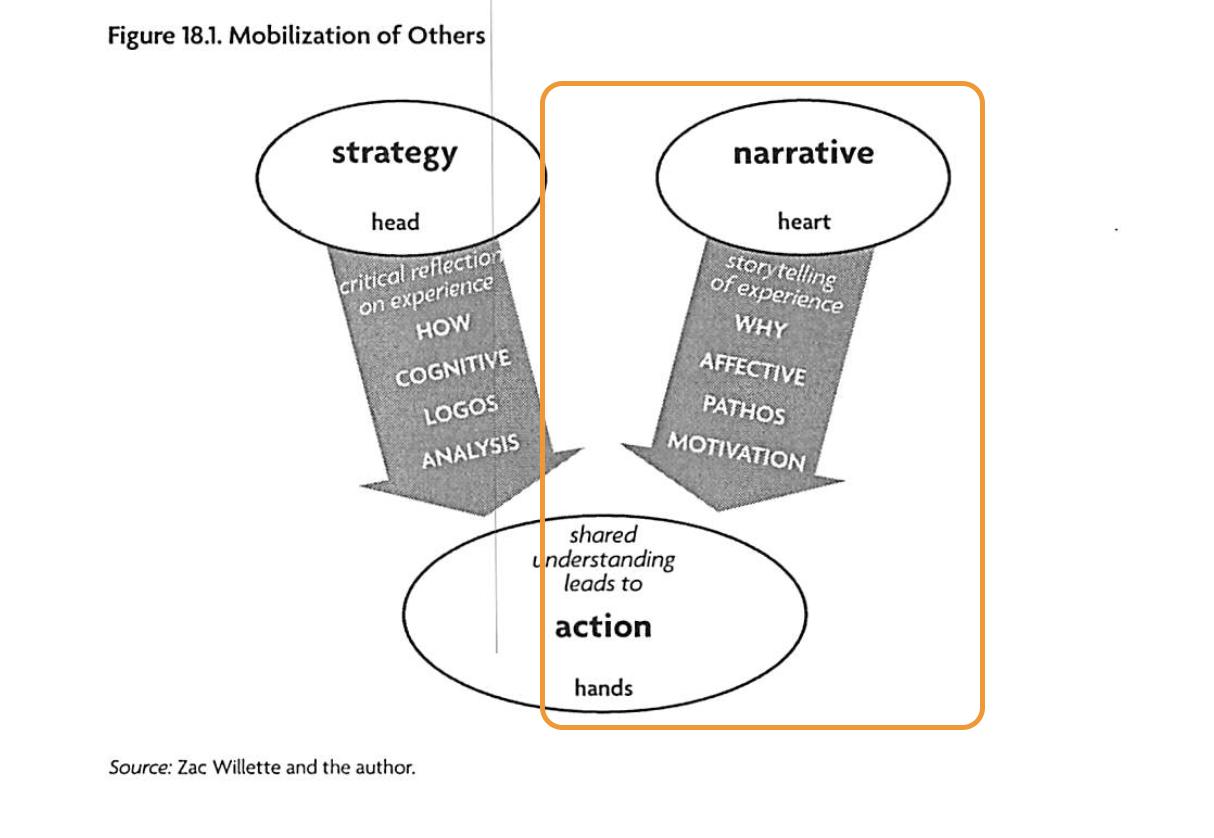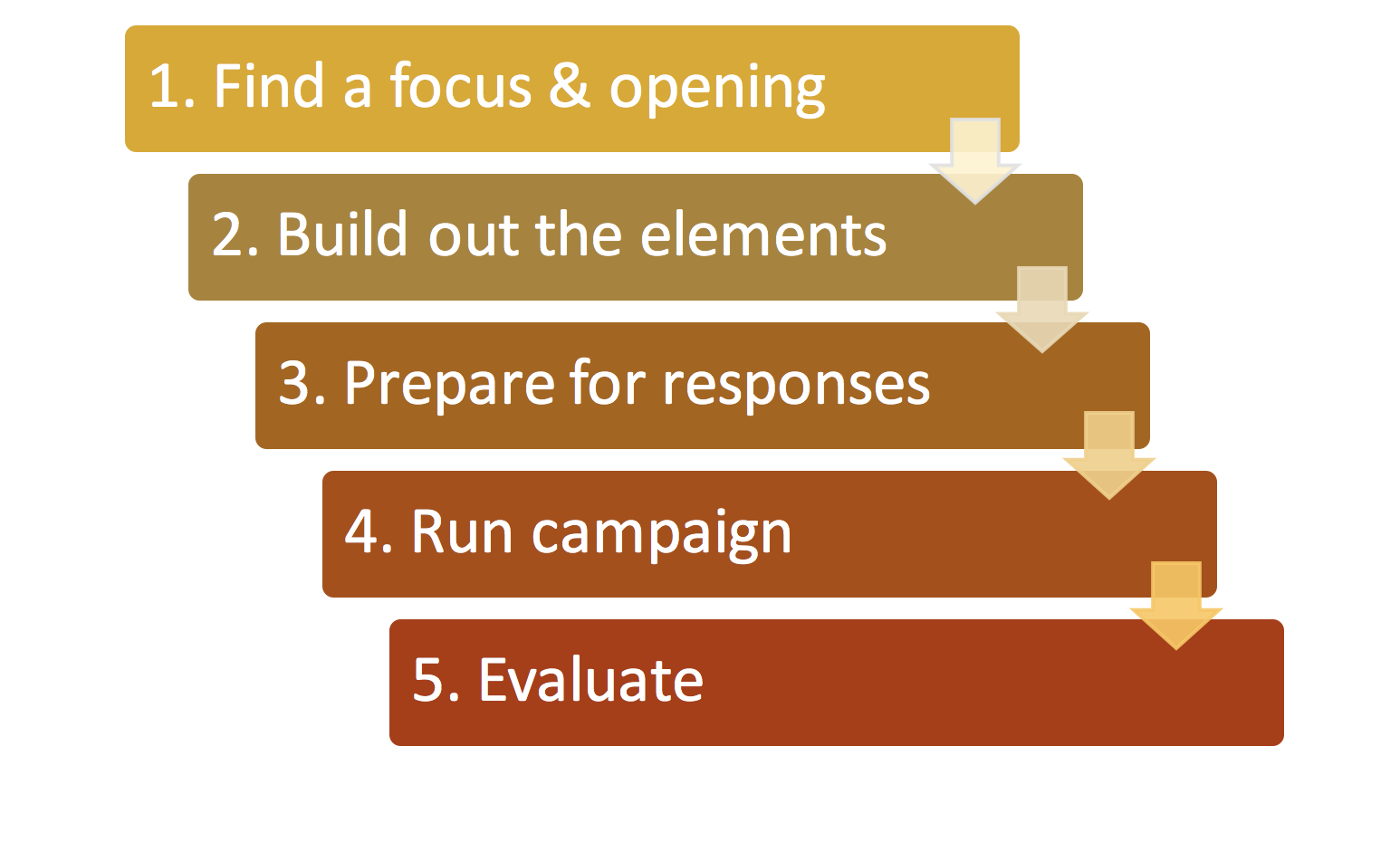Introduction
This set of guidelines targets progressive campaigners and advocates wishing to better engage the middle sections of society, in order to push back the mainstreaming of populist narratives and put diversity and inclusion back on the agenda. The guidelines draw on extensive international campaigning practice and an interdisciplinary viewpoint of narrative change and reframing. In addition, we developed 3 core campaign cases in the field of migration and inclusion from the UK and Germany that attempted to reach the middle and these are referenced throughout.
The focus of this narrative change/reframing campaigning approach is firmly on how to engage and motivate an often sceptical and/or disinterested public. Following Ganz (2009), then the focus of a narrative-focused campaign is to focus first on engaging the emotional response of such audiences and back that up with the facts and critical reflection. Too often in the emotional heat of the migration debate, the progressive approach has been the opposite, arguing facts and rights only, and getting angry responses. It’s certainly time to try something different.

From a capacity development perspective, our intention is to have a wide reach with the toolkit and support the independent skill development of progressive campaigners. In addition, we will use the toolkit as a core resource for the more intensive capacity development efforts we will conduct[1], and also encourage you also to do the same[2].
With a clear focus on supporting practical campaign practice, we have put together a narrative-change campaign planning tool to structure the campaign development process and will also use it to structure these guidelines (See figure 2 below).

However, before we get to the specific steps of the planning process, we will open in the guidelines by:
- detailing the current challenges for progressives in the migration debate
- explaining why a we need to consider a reframing approach in reaching out to broader publics to overcome or at least, mitigate the challenges
Europe focus in general with a bigger emphasis on Germany and UK as these are the countries we have been working on. At the global level, however, the narrative challenges in the debate are often quite similar, so we hope there is some useful campaigning insights there for many.
[1] www.narrativechange.org
[2] We should pick a creative commons licence for this!!!
[3] Crawley, H., McMahon, S. & Jones, K. (2016) Victims and Villains: Migrant Voices in the British Media. Coventry: Centre for Trust, Peace and Social Relations, Coventry University. URL: http://www.coventry.ac.uk/research/research-directories/research-news/2016/victims-and-villains/